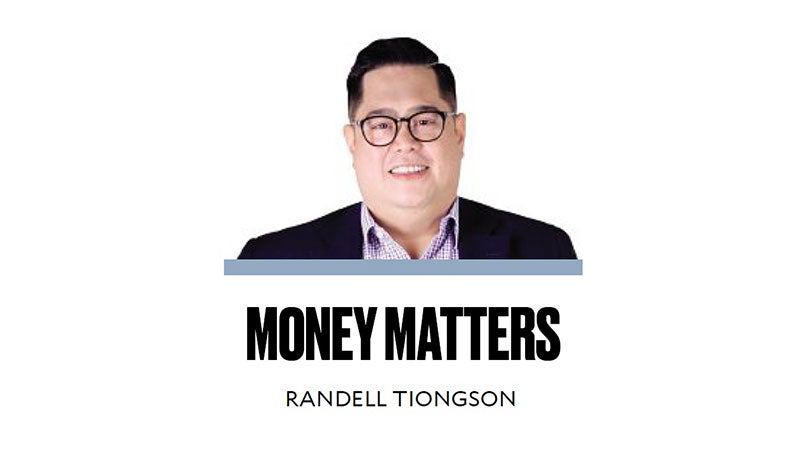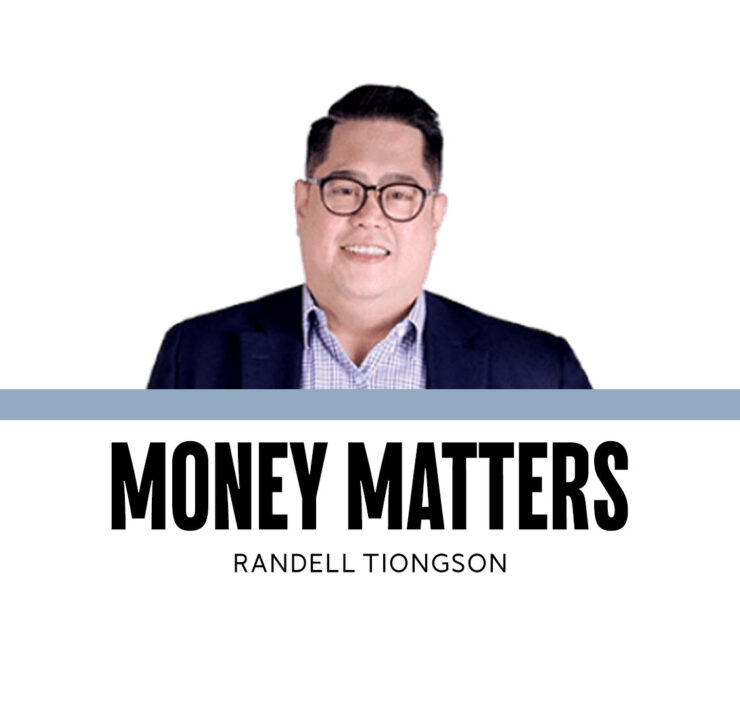When pride got in the way of my finances

I’ve worked in the world of personal finance for decades. I’ve taught thousands, written books and spoken at conferences and churches.
But if there’s one lesson I had to learn the hard way—and one I see many others struggle with—it’s this: pride can quietly destroy your financial life.
Now, when people think of financial struggles, they usually point to obvious causes—low income, rising prices, emergencies or even a bad investment decision. And yes, those are real challenges. But underneath many of those, there’s often something deeper. Something harder to admit.
It’s pride.
And I’m not talking about the loud, boastful kind of pride. I’m talking about the silent, hidden kind—the kind that smiles on the outside but is quietly struggling on the inside. The kind that says, “I’m okay” even when you’re not.
That was me once. Maybe that’s you right now.
There was a season in my life when my finances were not in order. I was overspending, making short-sighted decisions and living beyond my means. But instead of facing it head-on, I chose to pretend. I told myself I could handle it. I didn’t want to admit that the “personal finance guy” had personal finance problems.
So I kept quiet.
I didn’t ask for help. I didn’t make the hard choices. I just kept going, hoping things would get better on their own. They didn’t. Because they rarely do.
That’s the thing about pride—it convinces us to hide. It tells us to maintain appearances. It tells us that reaching out is a weakness. But in doing so, it delays the healing we need and often makes the problem worse.
In my years of coaching and counseling others, I’ve seen this story repeat itself over and over. I’ve sat with professionals drowning in credit card debt who couldn’t bring themselves to open up.
Pride says, “Don’t ask. Don’t admit. Don’t adjust.”
But God’s Word says otherwise: “Pride goes before destruction, and a haughty spirit before a fall.”—Proverbs 16:18, ESV
And yes—when it comes to finances, the fall can be painful, humiliating and costly.
One thing that complicates this even more, especially for us Filipinos, is our culture. We often confuse hiya (shame or modesty) with humility. But oftentimes, hiya is just pride in disguise. We don’t want others to see us struggling. We don’t want to look like we’ve failed. So we keep quiet. We stay stuck.
But pretending to be okay financially doesn’t solve your problems. It only prolongs them. Looking rich isn’t the same as building real wealth. Silence may preserve your image, but it won’t restore your peace.
I’ve also seen pride show up in investing—another area where people get hurt. I’ve met people who confidently put all their money in a single investment just because they were “sure” it would win big. They didn’t research. They didn’t ask anyone. And when it tanked, they refused to sell because they couldn’t admit they made a mistake.
Others jump into the latest financial trend—cryptocurrency, forex, IPOs (initial public offerings)—because of Fomo (fear of missing out), driven not by strategy but by the fear of being left out. What’s really fueling these decisions isn’t wisdom. It’s pride.
Sometimes the best investment move is to say, “I don’t know enough. I need to learn more.” That takes humility. And humility is where financial wisdom begins.
I’ve also met people who avoid professional advice—not because they can’t afford it, but because they’re too proud to admit they need help. Instead, they rely on hearsay or social media tips. But as Proverbs 15:22 reminds us, “Without counsel plans fail, but with many advisers they succeed.”
There’s no shame in learning. No shame in asking. But there is danger in pridefully pretending.
So what does humility look like in our financial lives?
It looks like being honest with yourself—and with others—about where you really are. It looks like living within your means even if the people around you aren’t. It looks like asking for help before it’s too late. It looks like admitting your mistakes, making changes and moving forward. Most of all, it looks like recognizing that everything you have comes from the Lord and entrusting your plans to Him.
“Humble yourselves before the Lord, and he will exalt you.”—James 4:10, ESV
That’s not just a spiritual principle. That’s a financial one, too.
If pride has been standing between you and financial freedom, let this be your wake-up call. Let it go. You don’t need to impress anyone. You don’t have to keep pretending. You can reset. You can rebuild. You can be wise.
I’ve been there. I’ve had to start over. And I’ve learned this: humility may cost you your pride, but it might just save your future.
And that, my friend, is a trade worth making.
Randell Tiongson is a registered financial planner at RFP Philippines. To learn more about personal financial planning, attend the 112th RFP program this July 2025. Email info@rfp.ph or visit rfp.ph to learn more about the program.





















